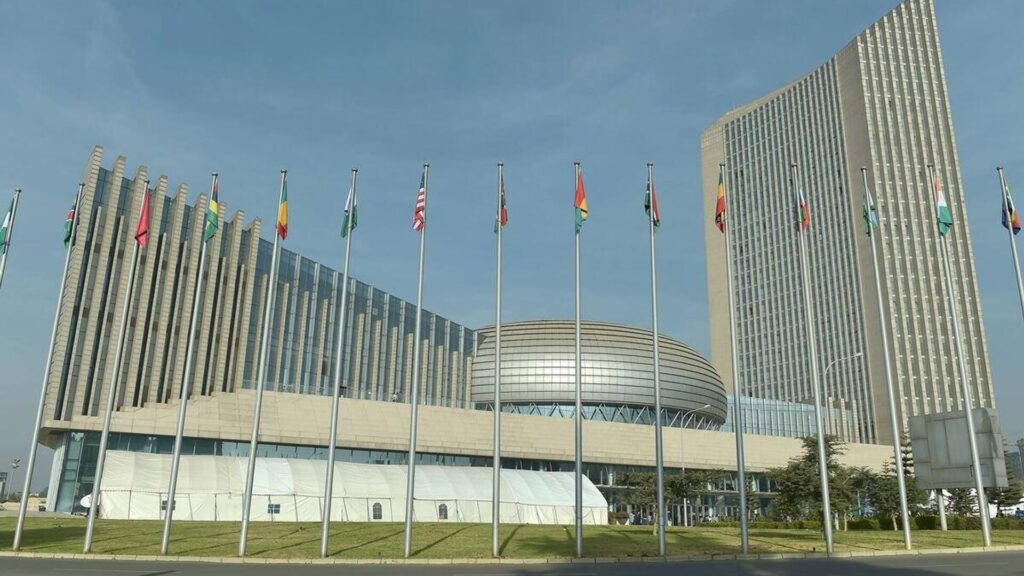The African Union (AU) has called on regional leaders to address the underlying causes of the protracted conflict in Eastern Democratic Republic of Congo (DRC) as part of a broader push for lasting peace and stability in the region.
Speaking during a high-level meeting held at State House in Nairobi, Kenya, AU Chairperson Mahamoud Ali Youssouf emphasized the need for courage, compromise, and collective political will to resolve the crisis. The meeting was co-chaired by Kenyan President William Ruto and Zimbabwean President Emmerson Mnangagwa, and brought together leaders and representatives from the East African Community (EAC), Southern African Development Community (SADC), and the AU.
“We urge all stakeholders to address the root causes of the conflict in a holistic manner,” Youssouf said. “Achieving lasting peace requires courage, wisdom, and a willingness to compromise. We are confident that the leaders of this region have the capacity to make this happen.”
The AU Chairperson reaffirmed the continental body’s central role in mediating conflicts across Africa, highlighting the commitment of the AU Commission, Peace and Security Council, and the appointed mediator to supporting regional peace efforts.
Youssouf also acknowledged recent diplomatic achievements, including the Washington Agreement signed between Rwanda and the DRC, and the Declaration of Principles signed between the DRC government and the M23 rebel group in Goma. However, he cautioned that such progress would only be meaningful if implemented fully and faithfully.
“These agreements can only transform the situation on the ground if they are fully implemented,” he stressed. “It is paramount to capitalize on any breakthroughs that can bring peace and stability to our nations.”
Eastern DRC has endured decades of armed conflict, displacement, and humanitarian crises, often fueled by political instability, ethnic tensions, and foreign interference. The Nairobi meeting is seen as a renewed effort to align regional and continental initiatives to end the violence and lay a foundation for long-term peace.
The AU urged stakeholders to maintain momentum and prioritize a sustainable peace process that addresses not only security concerns but also governance, justice, and socio-economic development.

